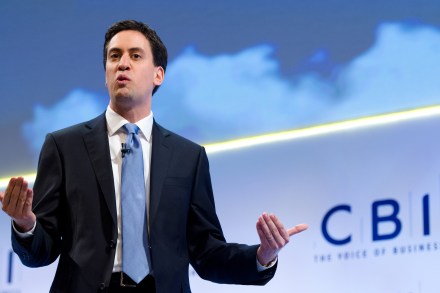Who speaks for the British press?
At the end of the editors’ meeting in 10 Downing St today, there was an awkward moment when someone asked if the past hour had been on or off the record. There was something odd about the idea of a bunch of journalists keeping something secret, and anyway there was anyway not much to reveal: it was just the start of a discussion. But a very important one that could yet decide whether Britain retains its ancient tradition of press freedom. David Cameron restated his position: that he’s instinctively against statutory regulation, but wants to see self-regulation along the lines of the Leveson Report. And could the newspaper industry deliver




















